Archives
Monomakh Introduces Organic Tea
June 25, 2018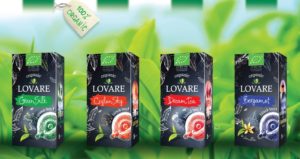
This summer, JSC Monomakh will be one of the first Ukrainian tea producers to introduce certified organic tea onthe market. Monomakh’s product portfolio includes black tea, green tea, a mixture of black and green tea, bergamot and vanilla flavoured teas with natural oils and organic lemon balm herbal tea.
JSC Monomakh has implemented the innovative raw material cleaning system
May 18, 2018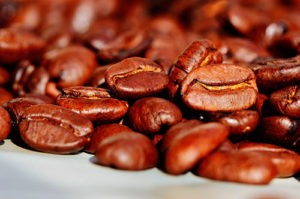
The production plant of JSC Monomakh has improved its multilevel quality control for raw materials.
“The first step is checking the supplier,” says Inna Nevmerzhitskaya, Quality Control Director of JSC Monomakh. “We examine certificates submitted by potential partners,
Ideal coffee – pure and tasty!
April 23, 2018
The set of up-to-date equipment used at the plant of JSC Monomakh has been added to the coffee machine (which, by the way, one of the most powerful units operated in Ukraine). Another useful addition is a destoner, a machine which takes away all kinds of impurities: dust, sand, stones, and etc. After roasting, the beans are blown through with intense air blast,
Rainforest Alliance takes care of the planet’s future
March 11, 2018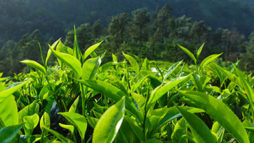
Nowadays, consumers are more and more often choosing the products offered by environmentally-aware companies. That is, the companies which make rational use of resources for their production processes and thus take care of the environment. The proof of environmentally-aware policy of land use is the relevant certificate.
Coffee roast levels
March 1, 2018
An important stage in delivering a tasty and aromatic drink is coffee roasting. Proper coffee roasting is both art and science combined. Green coffee beans are roasted at the temperature from 188°C to 232°C, which makes them lose about 20% of their weight, from 35% to 60% in size and acquire a color shade ranging from light brown to dark brown.
How coffee is grown
March 1, 2018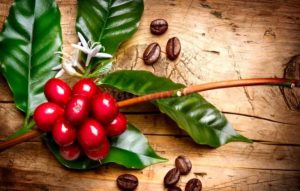
The coffee tree belongs to the Rubiaceae family of evergreen plants. In total, there are 73 varieties of this plant on the planet. They range in size from dwarf shrubs to 10-meter- tall giants. For convenient harvesting, plantations mostly use shrubs between 1 and 1.5 m in height.
Arabica or Robusta?
March 1, 2018
Arabica
Arabica (the Arabian coffee tree) comes from Ethiopia. This is the most widespread variety, cultivated in all tropical countries. Its botanical name is the Arabian coffee tree (Coffea Arabika). This capricious plant mostly grows on mountainous plateaus and slopes, where days are hot and nights are cold
Where does tea grow?
March 1, 2018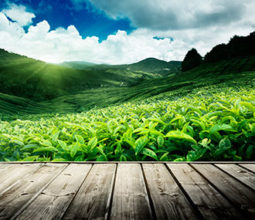
By output volumes, the leading tea producers are China, India, Sri Lanka, Kenya and Indonesia. The top five exporters are India, Sri Lanka, Indonesia, Kenya and Uganda. England, Ireland, Turkey, Russia, New Zealand, Australia and Morocco remain to be the main consumers of this wonderful drink.
What is high-mountain tea valued for?
March 1, 2018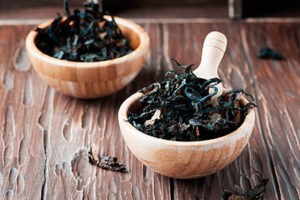
Nowadays, advanced agricultural technologies allow to grow tea in many areas of the world. However, as before, the tastiest kinds are cultivated in highlands. It is because alpine conditions are ideal for tea bushes, as they are created by the best agronomist of the world – the mother nature.
What does the kind of tea depend on?
March 1, 2018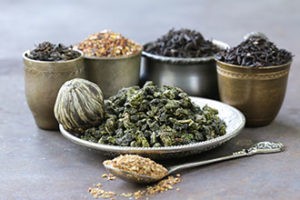
The kind of tea depends on which parts of the plant are harvested. For tea production, tea buds and tea leaves are used, in case with the latter – leaves from the first to the fourth, if you start counting from the end of the sprout. The closer it is to the bud, the smaller and the most valuable a tea leaf is.



